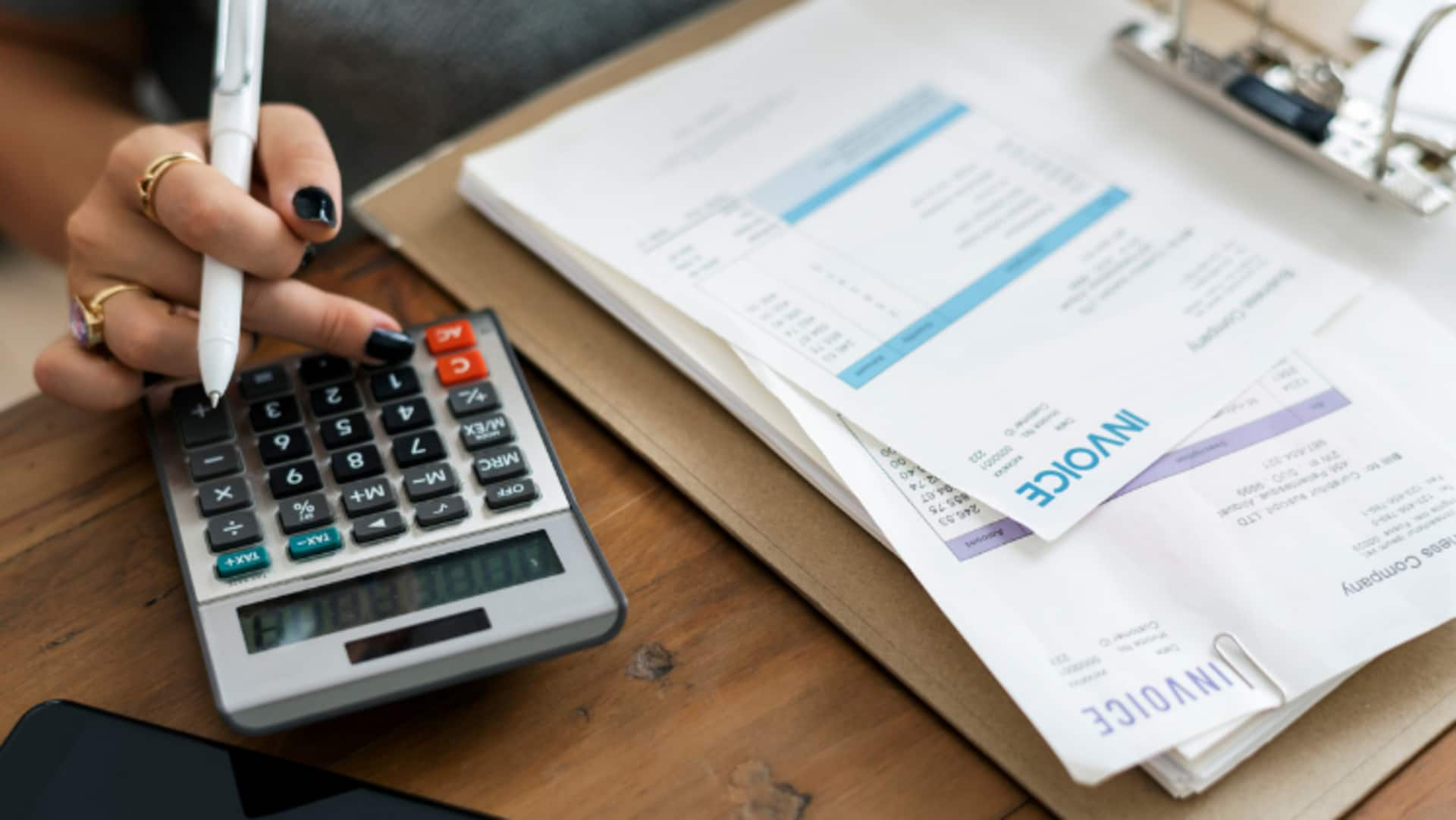
5 practical expense-tracking techniques to manage your budget better
What's the story
Managing personal finances isn't easy, especially when it comes to getting rid of debts. One of the best ways to deal with the problem is to keep a close track of your expenses. By knowing where your money goes, you can make informed decisions and curtail avoidable expenses. Here are five practical techniques for tracking expenses that could help you manage your budget better and get debt-free.
Digital tools
Use budgeting apps
Budgeting apps serve as a convenient way to track expenses in real-time. These apps usually sync with your bank accounts, automatically categorizing transactions. They offer insights into spending patterns and assist in setting financial goals. Many apps even provide features such as alerts for overspending and monthly reports, helping you stay on top of your finances without the hassle of doing it manually.
Written records
Maintain a spending journal
Keeping a spending journal means writing down every single thing you buy during the day. This method is disciplined but gives you a clear picture of what you spend daily. When you regularly review your entries, you can spot habits leading to overspending and change them. A spending journal also promotes mindfulness about purchases, helping you prioritize needs over wants.
Cash management
Set up the envelope system
The envelope system is a cash-based budgeting technique in which you divide your money into envelopes labeled with different expense categories, like groceries or entertainment. Once an envelope is empty, you don't spend anything in that category until the next budgeting period starts. This method keeps overspending in check by drawing strict lines on each category.
Financial overview
Review bank statements regularly
Regularly reviewing bank statements gives you a complete view of all your transactions over time. It's extremely important for spotting unauthorized charges or errors, quickly. This also illuminates recurring expenses, pointing out the areas you can adjust/eliminate. Such insights are priceless for those looking to pay off debt, as they tell exactly where you can spend money better to avoid more debt.
Organized tracking
Categorize expenses monthly
Categorizing expenses month-wise by putting similar expenses under one group, for instance, utilities or eating out, helps manage budgets well. By utilizing spreadsheets or software designed for personal finance, this technique gives a better grip on upcoming budgets depending on trends observed. It reflects the way you actually spend, preventing costly mistakes and addressing problems before they arise.